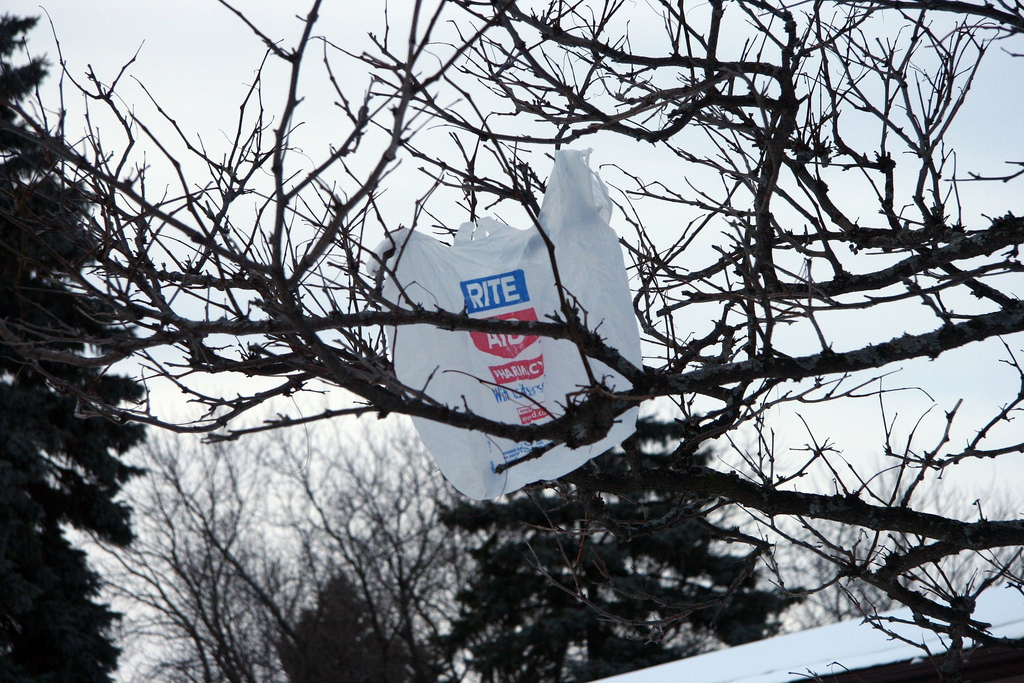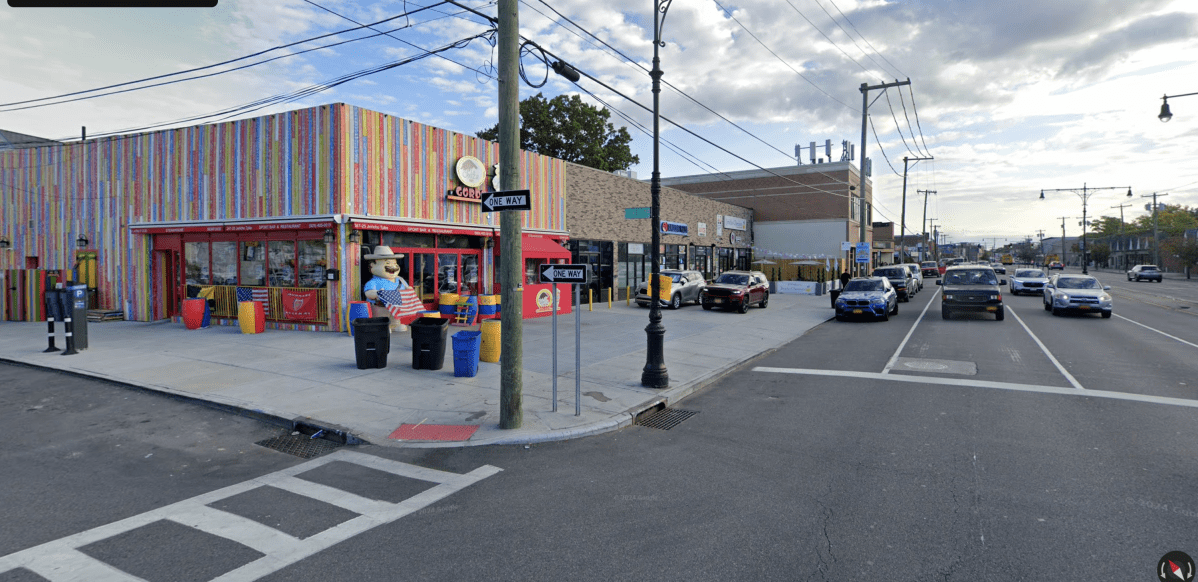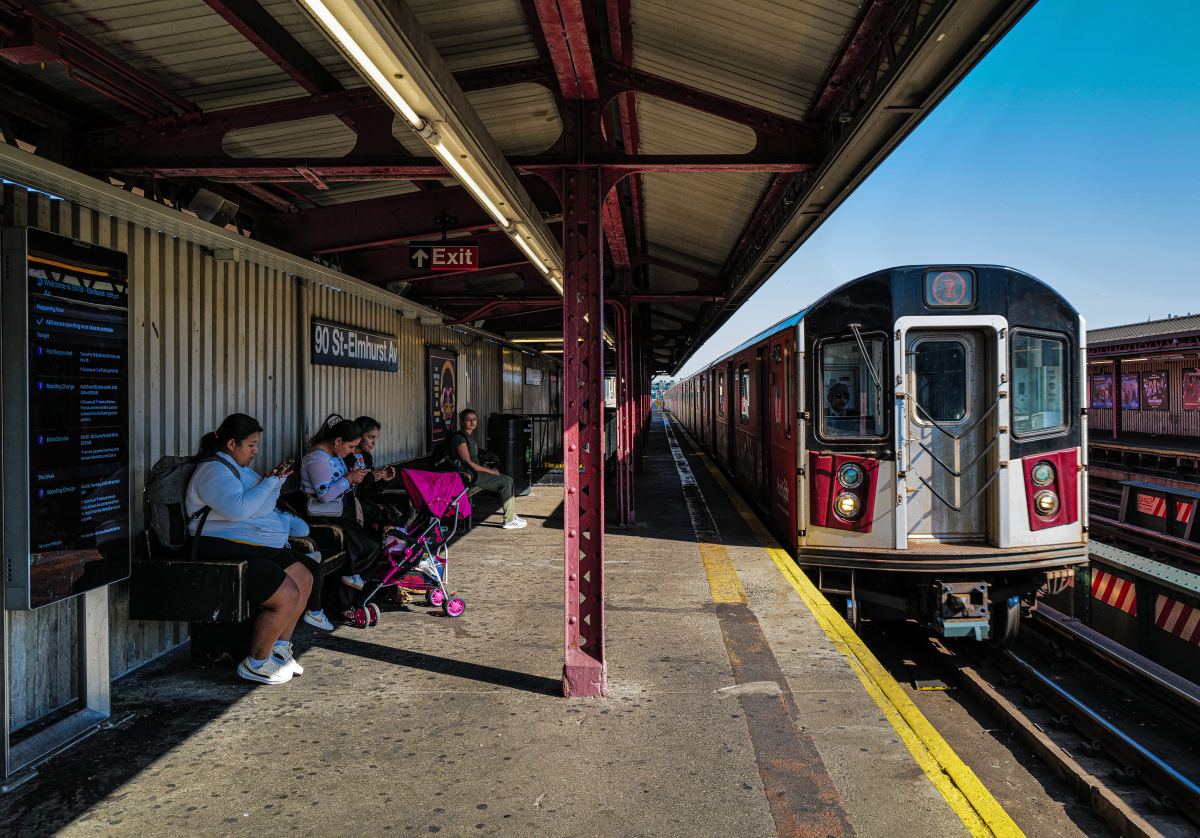Boston City Council unanimously voted on Wednesday to approve a plastic bag ban, following in the footsteps of neighbors like Brookline, Cambridge and Somerville and countless other towns and cities across the country.
The ordinance, led by councillors Matt O’Malley and Michelle Wu, bans single-use plastic bags in the city and applies a 5-cent fee for paper bags and thicker plastic bags. The ban still requires Mayor Marty Walsh’s signature, and if signed by him, will go into effect within a year.
While some small-business owners and others in the industry have opposed the fee, O’Malley and the other councilors urged that action is needed to protect the environment and quality of life for Boston residents.
“I would argue that as it currently stands, we are paying a fee for plastic bags,” O’Malley said during the City Council meeting ahead of the vote. “Businesses factor the cost of bags into their bottom line, and the Department of Public Works spends time cleaning up these bags from trees, parks, lots, storm drains and waterways.”
In Boston, 20 tons of plastic bags are thrown into the city’s single-stream recycling each month, O’Malley said, causing workers to spend hours each day removing bags from the equipment.
“We are paying for that indirectly as taxpayers,” he added.
Around the world, one trillion single-use bags will be used this year, and in Boston alone, that number is 357 million plastic bags.
“Plastic bags are only used for an average of 12 mins, but their impact on the city’s streets and drains is permanent,” O’Malley said. “They end up in streets, storm gutters, trees and tangled in our wildlife and marine ecosystem.”
The fact that the ban will go into affect in a year, if approved by the mayor, provides time for sufficient outreach efforts throughout the city, the council said.
At-Large Councillor Ayanna Pressley added that with the passing of the ban, she will encourage the city to ease the possible burden such a ban would place on certain residents.
“I recognize and am sensitive to concerns expressed about possible impacts of this policy on our low-income community and seniors,” she said. “It’s important, however, to note that all too often our low-income, senior and communities of color are the same communities and populations that are burdened by toxic dumping grounds, rampant litter in their communities, food desserts and the threat of rising sea levels.”
Pressley plans to push for the city to provide free reuseable tote bags to residents throughout Boston neighborhoods. She called the ban “a step toward a greener, cleaner and more sustainable Boston.”





















